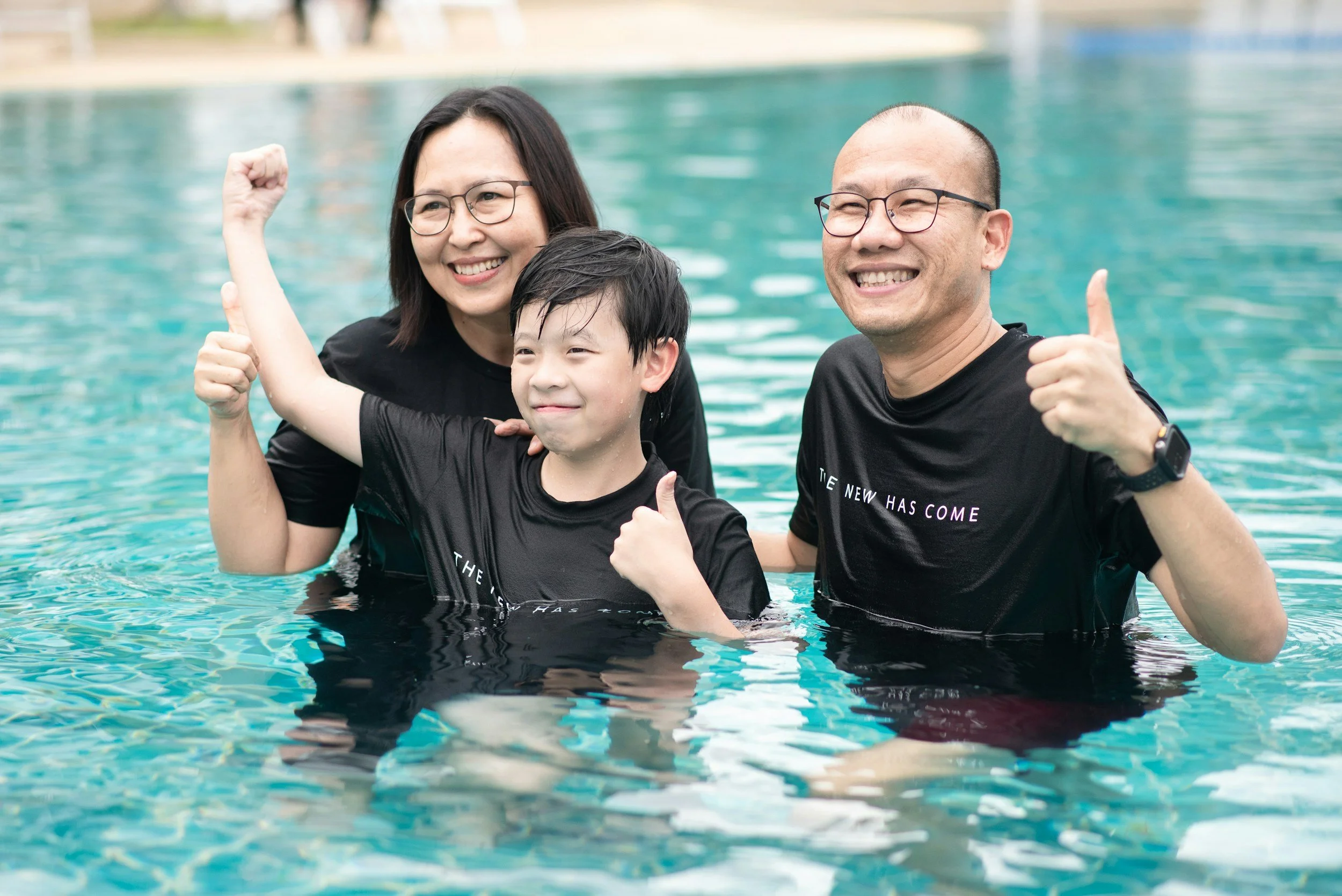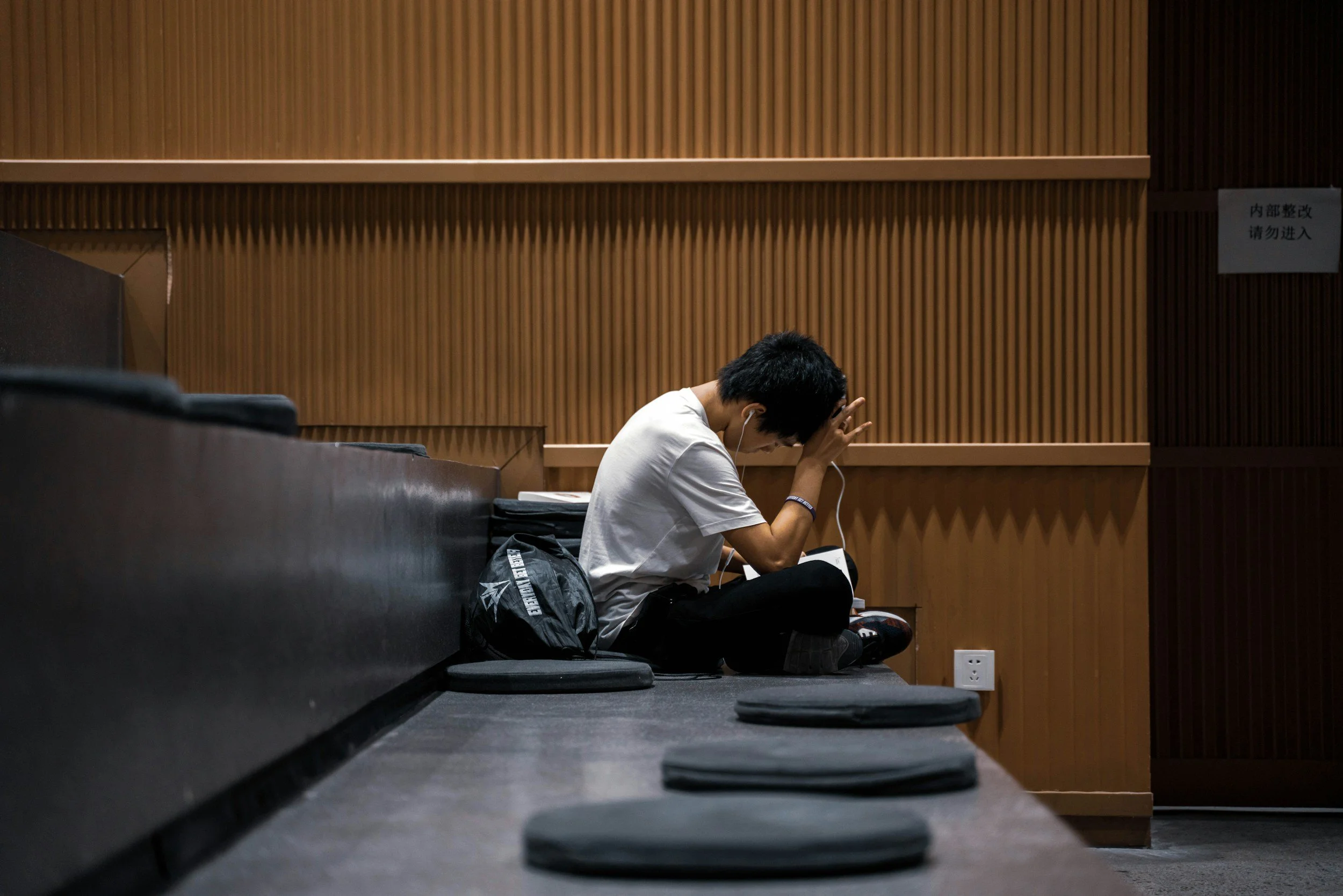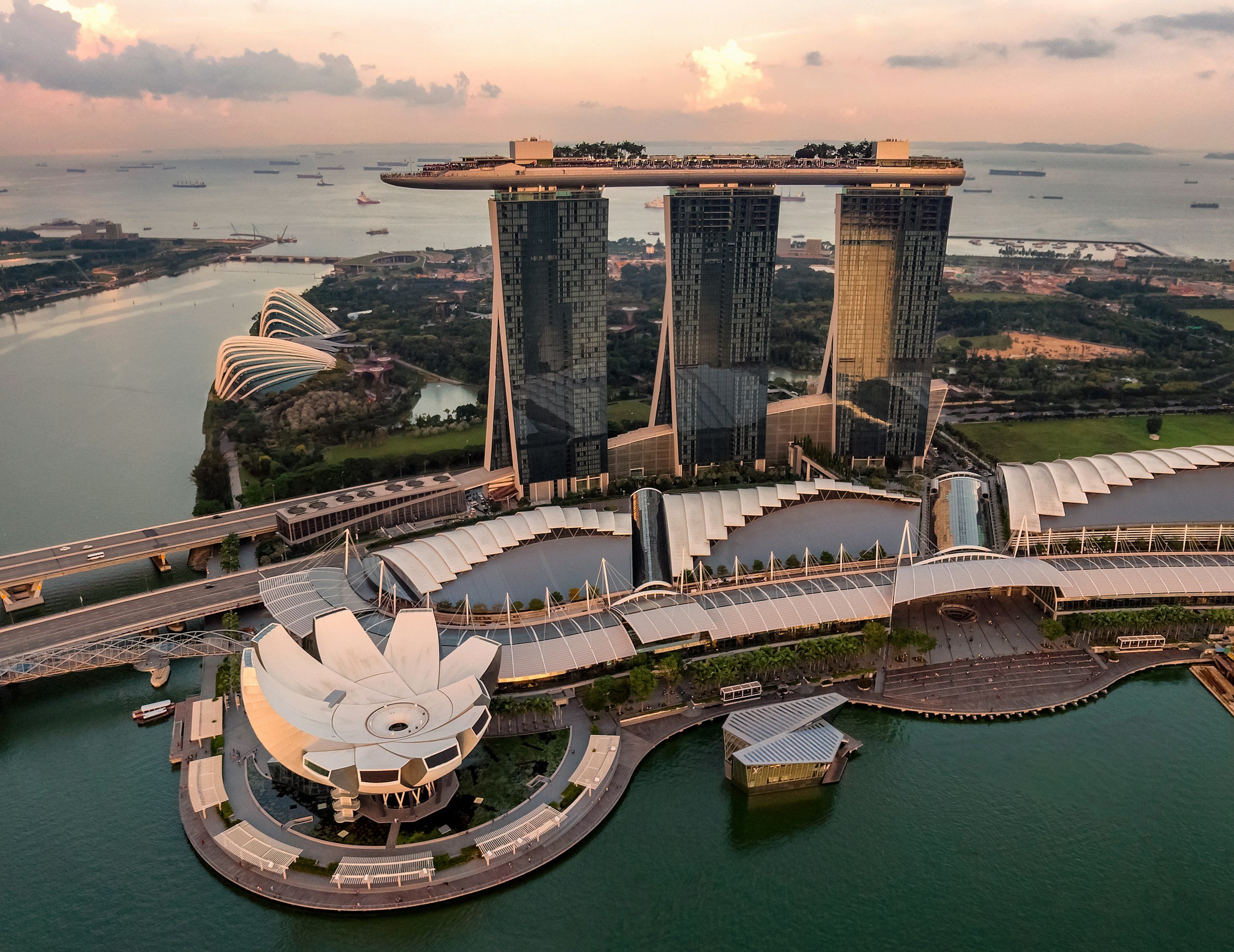Blog
Our insights on
Primary School, PSLE and Education
Learn More ↓


How to Use the December Holidays to Set Your Child Up for a Strong 2026 Academic Year
The December holidays are the perfect time to help your child step confidently into the 2026 academic year. Use this window to prepare them mentally for the increased rigour ahead, strengthen weak foundations revealed in their end-of-year results, and rebuild confidence before school starts again. And if work or family commitments make it challenging to guide your child consistently, getting expert support from specialists like Essential Education can make all the difference. With the right preparation now, your child can begin 2026 ahead — not catching up.

How to Choose the Right Secondary School After Your PSLE Results
Cut-off points shift every year, especially with changes in cohort size. The 2024 PSLE cohort is larger due to the Dragon Year, which means tighter competition. The 2025 cohort will be smaller, so cut-offs may loosen slightly. To help you take advantage of this while staying protected, use our recommended approach:
Our Recommended Strategy:
1st choice = PSLE AL – 1 (Take a chance on a school with a stronger cut-off.)
2nd & 3rd choice = PSLE AL (Realistic and desirable options.)
4th choice = PSLE AL + 1
5th choice = PSLE AL + 2
6th choice = PSLE AL + 3
This structure lets you aim higher where it matters, while safeguarding yourself against missing all six choices — a situation that can happen when students cluster their choices too closely at the same cut-off level.

From PSLE to Secondary School Progression: What Parents Need to Know About Supporting Their Child’s Next Step
While waiting to enter secondary school, parents often wonder how best to support their child’s next step. With Full SBB, the new SEC (replacing O-Levels), Integrated Programme, A-Levels, IB, and polytechnic pathways, Singapore’s education system has never been more flexible. Here’s what parents need to know to choose wisely and prepare their child for independence.

Mastering the Final Stretch: How to Help Your Child Prepare for Year-End Exams Without Stress
Year-end exams are around the corner, and many parents wonder how best to help their child revise without adding unnecessary stress. The good news is that effective preparation doesn’t have to mean endless hours of cramming. By using the following five tips:
Smart shortcuts
Focusing on weak areas
Getting sufficient sleep
Simulating exam conditions
Get professional help if required
you can help them study more efficiently and perform at their best.

How to Beat Exam Stress: A Student’s Guide to Mental Wellness
Exams are a regular part of student life in Singapore, but they can also be a major source of stress. While a certain level of pressure can be motivating, too much can overwhelm students and negatively impact their mental health and academic performance. Here are practical, science-backed ways students can manage exam stress effectively and sustainably.

Understanding the DSA Programme in Singapore: A Gateway for Academically Talented Students
The Direct School Admission (DSA) programme in Singapore is a unique pathway that allows Primary 6 students to secure a place in a secondary school before the release of their PSLE results. While the programme is often associated with talent in sports, performing arts or leadership, many are unaware that it also provides opportunities for students with exceptional academic abilities.
In this article, we’ll explore what the DSA programme entails, how it works, and how academically inclined students can benefit from it.

Top Study Habits of High-Performing Students in Singapore
In Singapore's competitive academic landscape, strong study habits are often the defining factor between doing well and excelling. While every student has a different learning style, certain habits consistently stand out among top performers. At Essential Education, we've identified key practices that help students thrive — and we integrate these habits into our academic programmes to help every learner reach their full potential.

5 Ways Parents Can Support Academic Learning at Home Without Overstepping
Parents play an essential role in a child’s academic journey—but too much involvement can lead to dependency or tension. Supporting learning at home should empower children, not overwhelm them. Here’s how to strike the right balance:

What Makes the Singapore Maths Curriculum So Effective?
The Singapore Maths curriculum has received international acclaim for its emphasis on logical reasoning, structured problem-solving, and deep conceptual understanding. It’s no surprise that many countries have adopted similar teaching models. But what exactly sets Singapore Maths apart?

How to Get a Head Start on the 2025 Academic Year: Study Tips and Strategies During the December Holidays
The December holidays are the perfect time to relax and recharge, but they also offer a golden opportunity to prepare for the upcoming academic year. With smart study strategies, goal-setting, and a balanced approach, students can enter 2025 feeling confident and well-prepared. Discover effective tips to revise key concepts, set realistic goals, and create a productive study schedule—all while enjoying the holiday season.

Unwinding After Exams: Fun Activities for Students in November 2024
Exams are over—time to unwind! November is the perfect month for students to relax, explore new hobbies, visit Singapore’s top attractions, and spend time with friends. Whether it’s a staycation, volunteering, or catching up on fun activities, make the most of this well-earned break!

Unlocking Academic Success: Essential Study Strategies for October 2024
As the academic year nears its end, students across Singapore are preparing for major exams. Success hinges on smart study habits—creating a structured plan, engaging in active learning, managing time effectively, prioritizing well-being, and seeking help when needed. Essential Education offers guidance to help students excel. Stay focused and make this October count!

GEP Changes and Its Likely Impact
The recent changes to Singapore’s Gifted Education Programme (GEP) aim to provide more inclusive opportunities by expanding the pool of students eligible for high-ability programs from 1% to 10%. However, this may increase stress for 70-80% of parents and students, as many view being in the top 10% as crucial due to cultural expectations and past educational benchmarks. Parents are likely to invest more resources to prepare their children from Primary 3 onwards. While the changes offer a breather for younger students to explore interests, competition may shift to the Direct School Admission (DSA) scheme, creating pressure to excel in non-academic areas.

The Evolution of Singapore's Education System: From 1965 to the Present
Singapore's education system, integral to the nation's success, has transformed significantly since 1965. Initially focused on providing basic education and reducing dropout rates, it evolved in the 1980s to emphasize efficiency and quality. The 1990s saw a shift towards creativity and critical thinking under the "Thinking Schools, Learning Nation" initiative. Recent years have focused on student-centric, values-driven education, reducing exam stress, embracing technology, and ensuring inclusivity. Understanding this evolution helps us appreciate the current dynamic education landscape that continues to adapt to future challenges while maintaining core values.

Academic Achievements are of Primary Concern for 70% of Parents in Singapore
In Singapore, a significant proportion (70%) of parents place a strong emphasis on their children's academic performance. This focus stems from a combination of cultural values, societal expectations, and the highly competitive nature of the Singaporean education system.

What Makes a Great Teacher?
A great teacher is driven by passion for teaching, shows empathy and understanding towards students, and communicates clearly to make complex ideas simple. They maintain a relentless focus on helping students achieve results and foster a positive attitude and patience, creating a supportive environment. These qualities inspire confidence and motivate students to reach their full potential.

2024 Secondary School Rankings (by AL cut-off)
Selecting the right secondary school for your child in Singapore can feel overwhelming. The following rankings offer a clear view of the top schools, based on PSLE Achievement Level (AL) scores. This guide provides a deeper understanding of these rankings, highlighting Integrated Programme (IP) schools, Special Assistance Plan (SAP) schools, and schools with affiliations.

Secrets of Essential’s Mathematics Curriculum for PSLE and Primary School Revealed
Our Mathematics tuition curriculum has consistently helped students improve their grades, and we're revealing our secrets to benefit more parents and students. Our approach begins with a thorough analysis of past PSLE papers to focus on key areas. The curriculum is carefully scaffolded to suit all competency levels, ensuring it's challenging yet achievable. We organize practice into "slow" sessions for understanding and "fast" sessions for speed, provide the simplest model solutions, and teach the easiest techniques. This combination promotes confidence, understanding, and exam readiness, helping students excel in Mathematics.

Why Exam Skills and Strategies are Essential for Primary School and PSLE Success
Exams are an imperfect measure of a student’s true competency. Strong exam skills help students better demonstrate their understanding by knowing what examiners are looking for, managing time effectively, and reducing careless mistakes. These skills are essential for maximising performance in the PSLE, particularly as students now have fewer opportunities to practise due to reduced testing in schools. Parents can support by ensuring regular practice, discussing exam techniques, and choosing tutors who are skilled in teaching these essential strategies.

Structured Practices are Key to Success in Primary School and the PSLE
Structured practice is vital for primary school students' success in Singapore, particularly for the PSLE. It builds strong foundational skills, enhances time management, fosters self-discipline, and promotes effective learning habits. Regular practice also provides continuous assessment and feedback, helping students and teachers address learning gaps promptly. Parents can support their children by establishing study routines, setting goals, creating a conducive environment, and ensuring that tutors follow a structured curriculum. These steps help children develop the confidence and skills needed for academic achievement.
